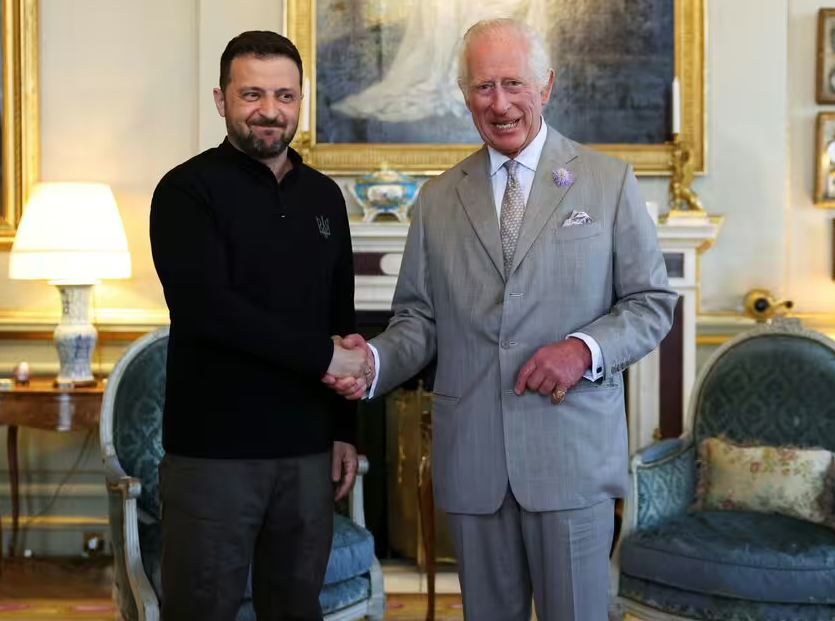King Charles is demonstrating the essence of “soft power” by publicly extending his support to Ukrainian President Volodymyr Zelensky. While the monarch must remain above politics, he also serves as Britain’s ultimate diplomat, fostering crucial international relationships.
With years of global experience, King Charles follows in the footsteps of his late mother, Queen Elizabeth II. As Prince of Wales, he occasionally challenged diplomatic norms—such as boycotting state banquets for Chinese leaders. Now, as king, he fulfills government requests, including hosting a second state visit for former U.S. President Donald Trump, all while maintaining a warm rapport with Zelensky.


Navigating these high-stakes encounters is no easy task. While he may feel more at ease with Zelensky, hosting Trump at Windsor Castle requires balancing pageantry with diplomacy. The American President, known for appreciating ceremonial grandeur, is particularly susceptible to the influence of British soft power.


This marks one of King Charles’ most complex diplomatic challenges yet. With speculation about delaying Trump’s visit, Buckingham Palace faces a delicate situation—Trump is known for holding grudges, and rescinding an invitation could provoke long-term repercussions.

Ultimately, King Charles is proving his ability to walk the diplomatic tightrope, representing the nation with grace in an era of complex global relations.




